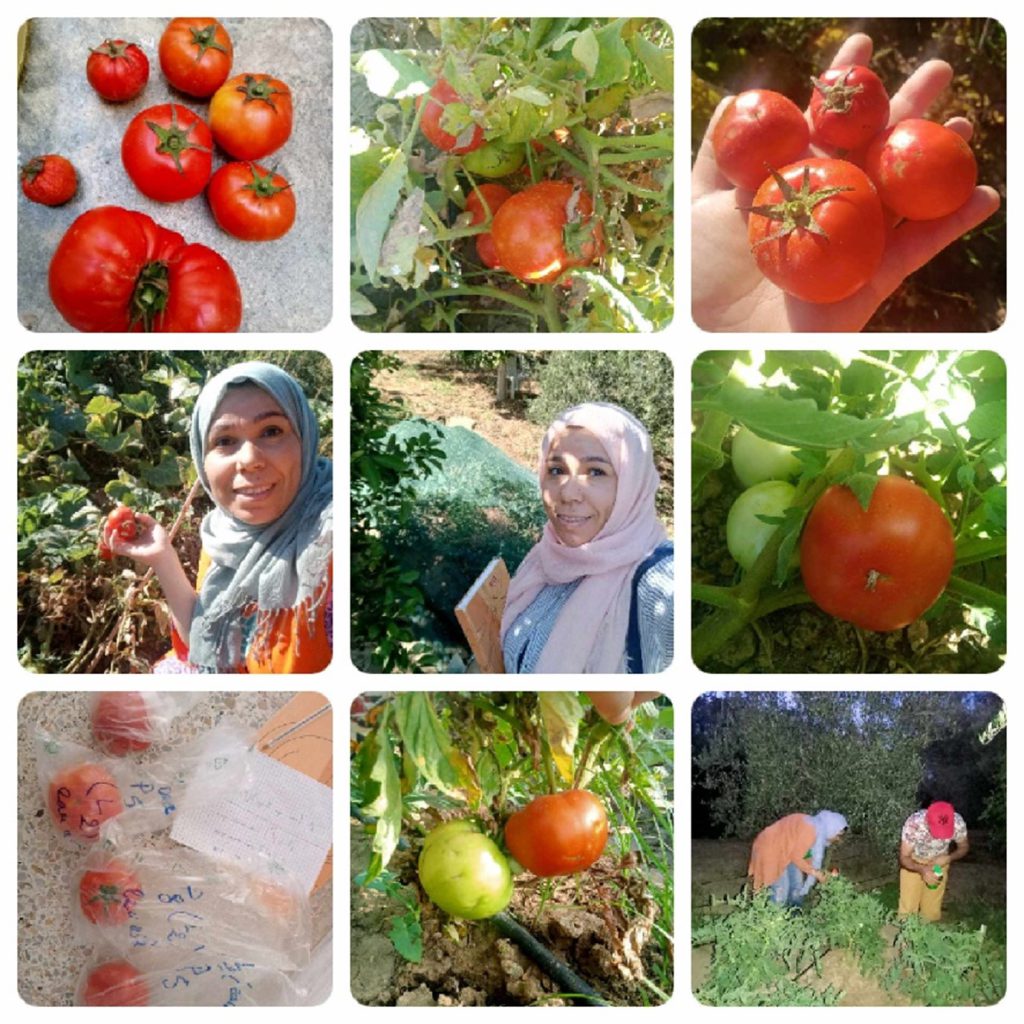🌾💧 Our commitment to sustainable farming includes a thorough comparative analysis of different irrigation methods and their effects on soil health. By studying plots irrigated with treated wastewater, well water, and a control group with no irrigation, we are able to assess how each water source impacts soil composition, nutrient levels, and fertility over time.
In each plot, we track vital soil health indicators like nitrogen, phosphorus, potassium, and trace elements, as well as pH levels and organic matter content. Treated wastewater often contains essential nutrients that support plant growth, so understanding how these nutrients interact with the soil over time is critical for maintaining soil quality and crop productivity. At the same time, our analysis includes monitoring for potential contaminants or salts that could accumulate with repeated irrigation cycles.
This comparative approach enables us to detect patterns that could affect soil sustainability. For example, we can identify whether certain nutrients become depleted or accumulate excessively, informing irrigation adjustments that promote balance and prevent soil degradation. By adapting irrigation practices based on these insights, we aim to build a resilient agricultural system that conserves resources while maintaining optimal conditions for crop growth. This ongoing analysis not only informs our current practices but also provides a replicable model for sustainable farming in water-limited regions.


